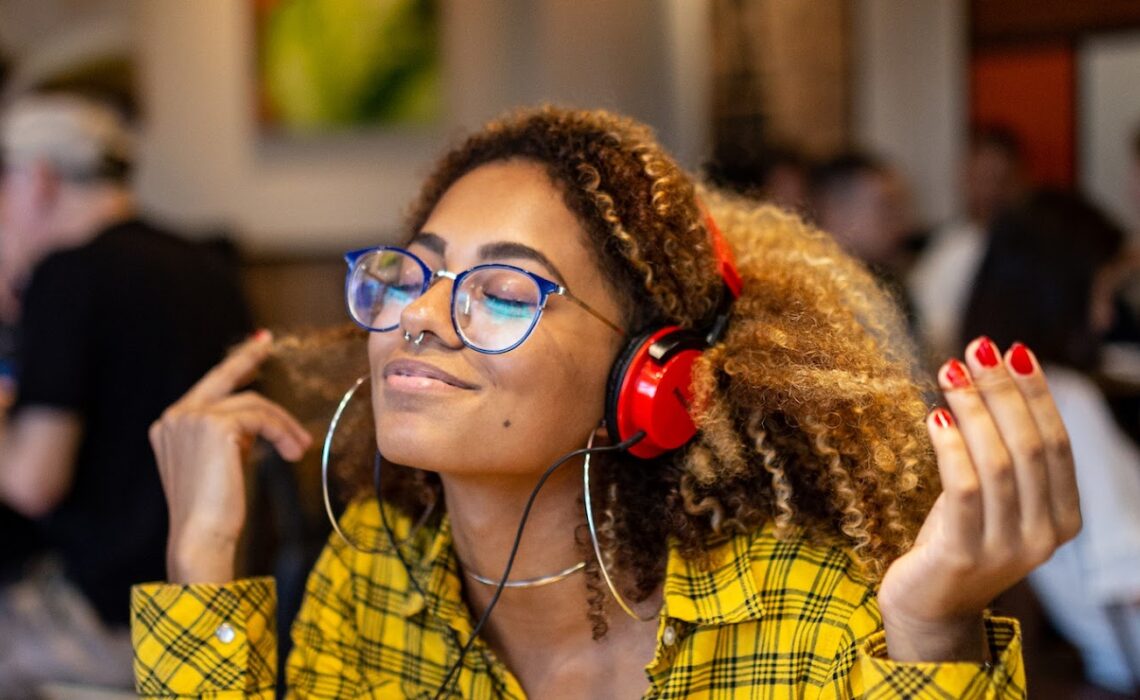
Imagine living in a society where communication is limitless, barriers between the hearing and the deaf are eliminated, and interactions between people are seamless. A revolution is taking place in the warm state of Florida, changing the lives of the deaf community and pushing for inclusivity. The creation and use of innovative assistive technologies are essential to this transformation. This article will examine how these innovations are transforming deaf accessibility in the Sunshine State.
Assistive Devices: The Catalyst for Change
Florida has long been a center for progress and innovation. For its citizens, including those who are deaf or hard of hearing, a more inclusive future has been made possible by its diverse population and steadfast dedication to accessibility. The expanding selection of assistive devices is at the core of this transformation.
A wide range of technologies are included in assistive devices, which are meant to improve the quality of life for people who have hearing loss. They act as a link between the audible world and the silent world of the deaf, enabling smooth interaction and communication.
The most widely used of these gadgets is a hearing aid. Hearing aids of today are not the bulky, noticeable devices of the past. They have cutting-edge technology and are sleek and covert. Hearing aids have evolved into a fashionable accessory in Florida, where style and utility frequently collide.
Sign Language Translation Apps: Florida is home to a rich tapestry of languages and dialects, and the state is well-known for its cultural diversity. With the advent of sign language translation apps, communicating with the deaf community has never been simpler. With the aid of artificial intelligence, these apps can instantly convert between spoken and sign languages. It transforms the way we bridge communication gaps.
Cochlear implants: For people with severe hearing loss, cochlear implants are a remarkable option. These surgically implanted devices give people who were previously deaf to sound a sense of sound again. Leading medical centers in Florida are at the cutting edge of cochlear implant technology.
Deaf Education: The Foundation of Inclusivity
Florida’s future of deaf accessibility goes beyond the use of technology. It has to do with the organizations and groups that help them. The younger generation now has access to all the resources and knowledge they require to succeed thanks to significant advancements in deaf education.
Florida’s educational institutions are leading the way in incorporating assistive technology into the classroom. To ensure that all students, regardless of their hearing abilities, have equal access to learning, educators across all levels of education—from elementary schools to universities—are embracing technology. This inclusivity paves the way for a time when everyone has access to limitless opportunities.
The state of Florida’s sign language programs also demonstrates its steadfast commitment to diversity and inclusion. Not only are sign language classes available in schools, but they are also readily available in the neighborhood. More Floridians are realizing the importance of being able to communicate with their deaf neighbors. Education is important, but there must also be a cultural shift in favor of greater understanding and empathy.
Digital Transformation: Making Services Accessible
Photo by Elle Hughes
Accessibility in the digital age extends beyond the real world. The government and industry in Florida are making serious efforts to make sure that their services are available to everyone, regardless of hearing ability.
Emergency Alerts: Florida has taken proactive measures to make sure that the deaf community can access emergency alerts and public service announcements. Everyone can stay informed and safe during crises thanks to text-based alerts and video relay services.
Accessibility of video conferencing: The COVID-19 pandemic hastened the adoption of video conferencing. In response, Florida companies have made investments in providing closed captioning and sign language interpreters for their online meetings and webinars.
Entertainment and culture: The state of Florida’s thriving entertainment sector is making efforts to make theaters, museums, and tourist attractions accessible to all. More people are utilizing assistive technology, such as hearing loops and captioning services.
Support from the community: Promoting Inclusivity
The Florida accessibility revolution has been a success in part because of the communities there, who have consistently supported it. Promoting inclusivity has relied heavily on grassroots organizations and activists. These committed people have pushed for reform, increased awareness, and strengthened the deaf community.
Many organizations in Florida offer the deaf community resources and support. These groups concentrate on a variety of topics, ranging from job placement to legal advocacy. The robustness of these support systems is evidence of the group’s commitment to making Florida more inclusive.
The Future is Inclusive
The progress Florida has made toward a more inclusive future is an encouraging illustration of what can be accomplished with cooperation, ingenuity, and tenacity. Prospects for deaf residents of Florida are unquestionably promising as assistive technology advances and becomes more widely available, as well as society as a whole becomes more informed and compassionate.
The Sunshine State is not just a place with breathtaking scenery and lovely beaches; it is also a symbol of hope for people who want to live in a world where having good hearing does not affect how happy they are. Florida’s dedication to deaf accessibility serves as a national model and demonstrates that change is possible when we all work to create a more inclusive society.
Final Thought
The future of deaf accessibility in Florida is proof of the strength of technology, education, and community support, to wrap things up. It is a picture of a more accepting society in which everyone can fully engage in society regardless of hearing ability and where communication knows no bounds. Florida’s journey is a ray of hope that points the rest of the world in the direction of a better, more inclusive future.
For those who are looking for additional support, Unspoken Language Services offers interpreting services to help bridge the communication gap between the deaf and hearing communities.
Thumbnail Photo Credit to: Photo by Jorge Fakhouri Filho

